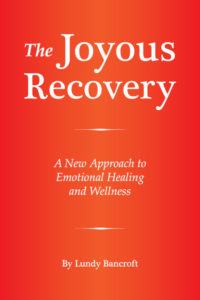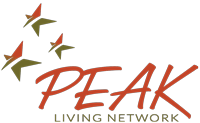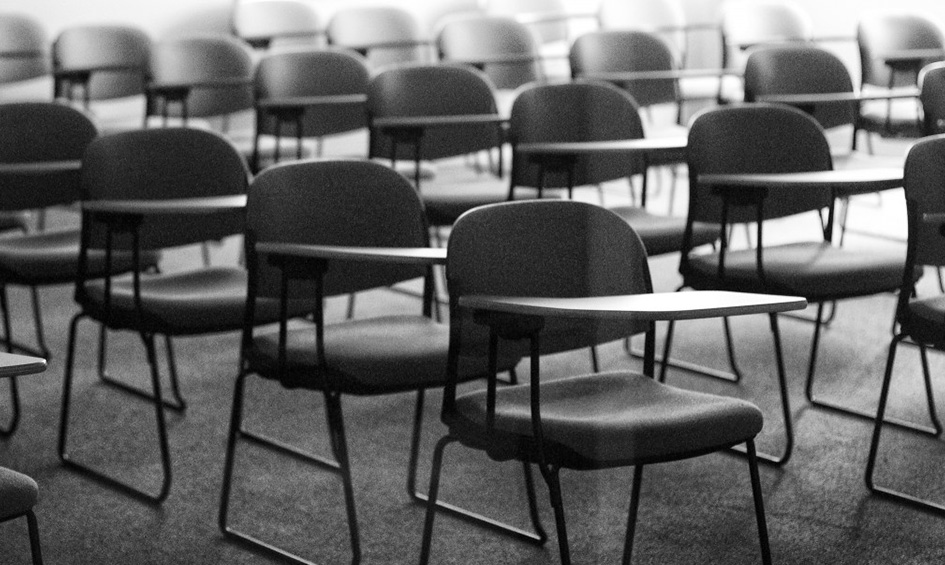The most popular and visible approaches to emotional recovery — the philosophies typically promoted in commercial self-help and personal growth books and websites — are making numerous errors. One of the most common and problematic mistakes is their tendency to spread rigid, inflexible thinking. They claim that these rigidities will free us, but in fact what we’re trying to liberate ourselves from is rigidity itself. Emotional wounds cause us to become inflexible — in our bodies, in our emotions, and in our thinking — and emotional healing helps us to regain our suppleness in all three of those areas.
Here are some examples of the false dichotomies we get taught:
Either
you “focus on the positive” and “stop allowing your distress to have any power”
or
you spend time feeling your emotions and processing them (which, according to many philosophies, means that we’ll sink into self-pity, wallow in our painful emotions, and spend our lives in pointless ruminating)
Either
you find other people to love you
or
you learn to love yourself (which, they seem to be saying, means that you stop needing love from anyone else)
Either
you accept the world as it is
or
you don’t accept it, so you try to change it (and the message here seems to be that if you don’t accept the world as it is, you’ll live constantly unhappy about the state that it’s in)
Either
you look to people to rescue you
or
you take charge of your own life (which apparently means you stop needing anyone’s help)
These are all false choices; you don’t actually have to select between the two things in each of the examples above. In fact, the effort to make these rigid choices slows our healing rather than speeding it up.
Why? Because we need all of these elements in our lives. Successful emotional healing only comes if we attend to them all.
What does this mean in practice? It means that some days we need to be tough, and other days we need to recognize that it’s a bad day to fight and just let ourselves fall apart. (Yes, we need times of melting down.) Some days we’re all we need, and other days we really need support, companionship, and encouragement. Some days we need to live with the world as it is and let the rest go, and other days we need to be right up in the world’s face, demanding justice and demanding change. Some days we need to be taking care of other people, and some days we need them to take care of us — including times when we could really use a rescue, thank you very much.
Yes, it’s a dead end to stumble through life constantly looking to other people to rescue us. But it’s equally a dead end to decide we’re not going to rely on anyone, or to pretend that we’re never desperate.
Vibrant health and healing come from learning to move and shift, some weeks going one way and some weeks going the other, challenging ourselves to grow in one direction today and in a different direction tomorrow. This spring may be my time to kick some asses and this summer may be my time to curl up in a ball while a loved one strokes my head.
Rigid thinking has to be left behind and replaced with flexibility. Emotional healing helps us to regain smooth and comfortable — yet solid — motion in our bodies, our emotions, and our thinking. And that flexibility in turn helps us go toward further and deeper healing.
Lundy’s new book is The Joyous Recovery: A New Approach to Emotional Healing and Wellness.




I am both relieved and happy that Lundy addresses this ‘black and white ‘ approach to healing. For anyone who has been traumatized the platitudes that are showered on them can be almost as traumatizing as they isolate and shame the same way an abusive partner does.
It’s a relief to know that I’m not the only person thinking that these “all or nothing/black & white” platitudes are not necessarily helping to fully heal/recover…. Like the: “Count your blessings…” saying, which can be a good thing to do to help you temporarily (tread water), but you cannot keep “treading water” forever… I seek to heal…